NSW schools to face major classroom shake up
A REVAMPED national curriculum will shift its focus on a new learning curriculum to help struggling kids with their literacy and encourage talented pupils to reach their potential. Here are the details of the landmark overhaul.
NSW
Don't miss out on the headlines from NSW. Followed categories will be added to My News.
A REVAMPED national curriculum will focus on individualised learning to help struggling kids with their literacy and encourage talented pupils to reach their potential.
The Turnbull government will today announce the initiative, which will also subject students to new nationally consistent assessments several times a year — “real-time” tests to keep track of performance that could ultimately replace NAPLAN.
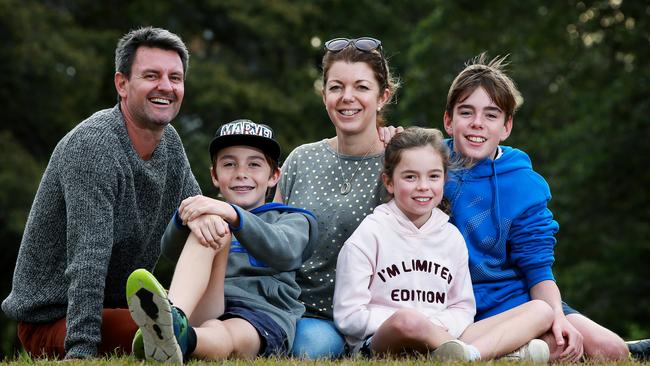
The radical changes are driven by an in-depth examination of why Australian education standards are falling behind the rest of the world, conducted by businessman David Gonski and a panel of education experts, that will be released today.
Education Minister Simon Birmingham admitted the education system had already “failed” generations of Australian students.
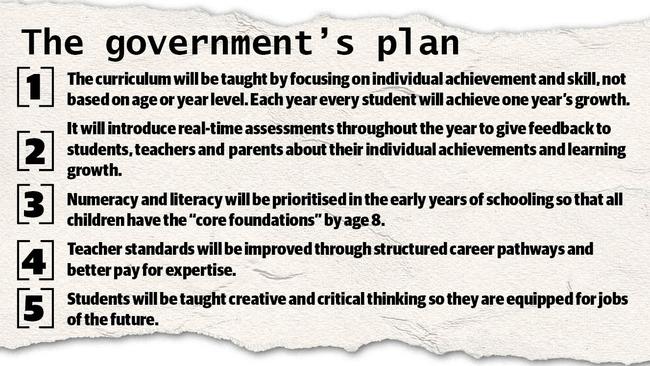
In an interview with The Daily Telegraph, he said the new focus would be teaching the curriculum based on progress levels rather than year or age, and teachers will be required to give special individual attention to students.
EDITORIAL: Declining literacy targeted
“All of the data and evidence is showing us that Australian students’ performance was at best stagnating and potentially declining, compared with other countries and when compared with our own performance historically,” Mr Birmingham said.
“The report does clearly state that we’ve failed many students in terms of school education approaches to date.”
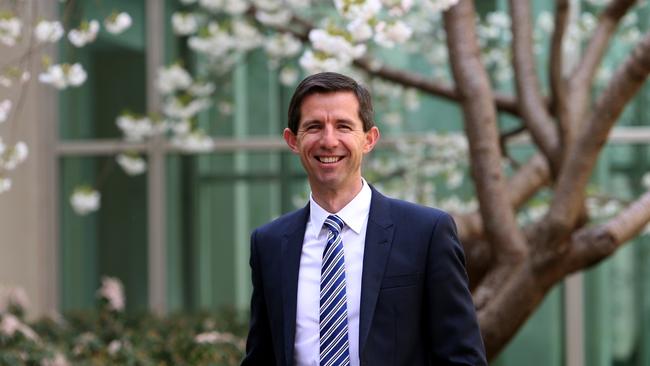
The Turnbull government will adopt in principle all of the Gonski review’s recommendations — including giving schools and principals more autonomy, designing a leadership pathway for high-achieving teachers, teaching students critical and creative thinking to help them succeed in a future workforce and develop a “Unique Student Identifier” to track outcomes for each Australian pupil.
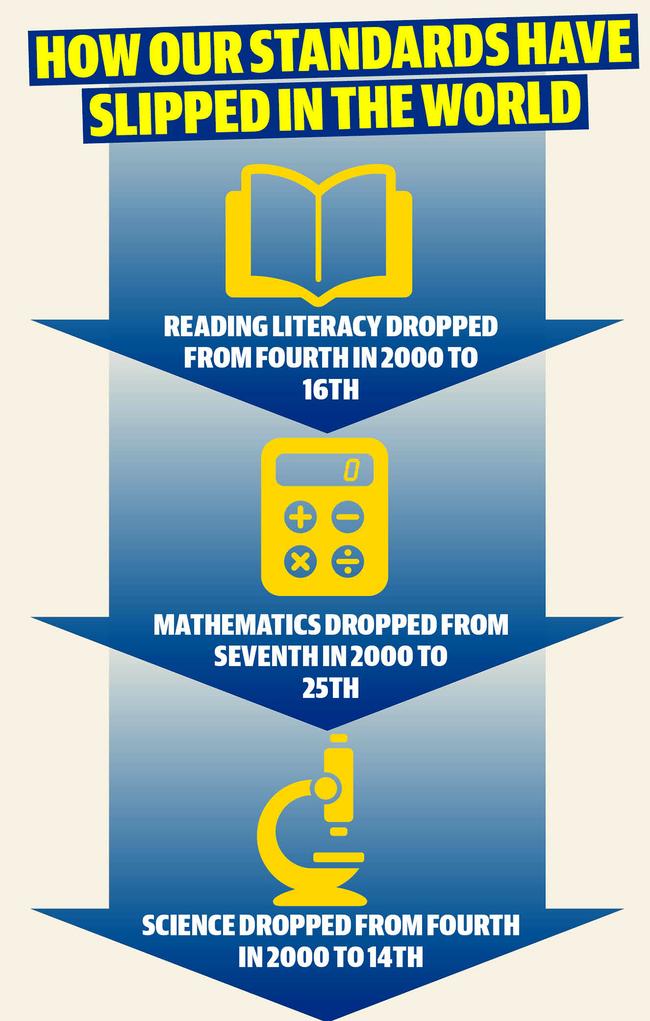
The new assessment tool is designed to measure the progress of every student to stop many who are “cruising or coasting” through school, Mr Birmingham said.
“What you want to ensure is that every student is extended to their maximum capabilities and we create a system that has more high achievers as well as fewer underachievers,” he said.
“You will have individualised work patterns for students that are informed very much by the assessments that teachers have been able to undertake using a common, nationally consistent online tool that also provides clear recommendations for what those next bits of work those students should be doing are.
“So there really is a constant feedback loop there for teachers giving them information and helpful guidance about what to do next for each of their students.”
Asked how it is possible for one teacher to cater for a variety of education standards in a single classroom, Mr Birmingham did not have a clear answer but said teachers already did a lot of “targeting and prioritisation of individual learning”.
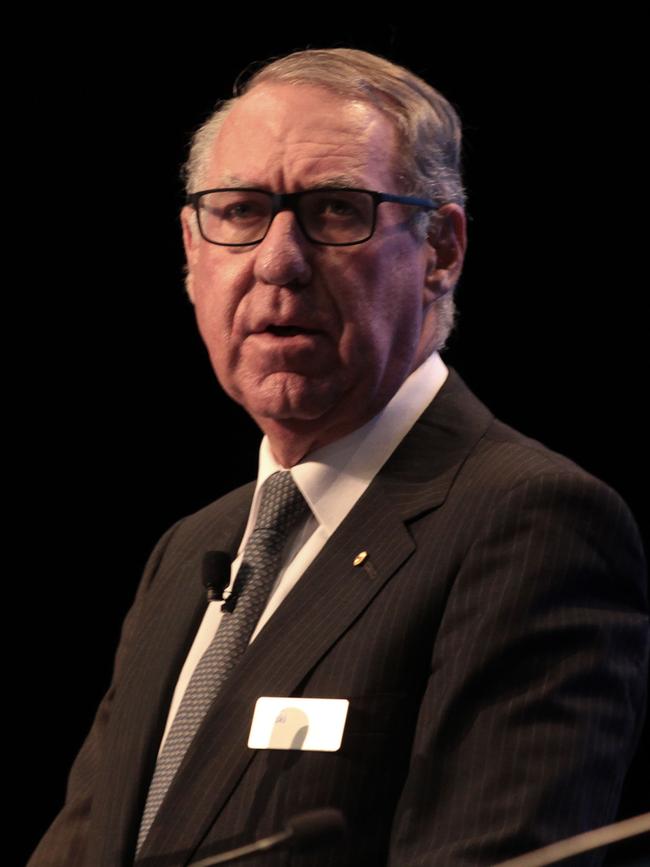
“By developing assessment tools and by better linking them to a type of teaching practices and programs that can be deployed in the classroom, it can really help free up teachers to have the time to be able to focus on students who need it most,” he said.
And in significant news for teachers and schools long opposed to NAPLAN’s assessments, Mr Birmingham said he may be open to a conversation about replacing it with these new real-time tests.
Calls for smartphone ban in school classrooms
NSW Education’s fitness overhaul for students
NSW school maintenance backlog
Students in pop-up schools as classroom shortage looms
“We’re a long way off seeing NAPLAN replaced but it might be a conversation that could be had many years down the track in terms of whether a tool like this not only provides teachers and schools with better and faster data to use day to day but also gives policy makers potentially a more effective and richer data set than NAPLAN does at present,” he said.
Turramurra parents Chris and Jude Jackson said they would welcome a flexible curriculum for children Sophie, 8, Fin, 11, and Danny, 13.
“The more suited the curriculum is to the child the more engaged they will be, which is a good thing,” Ms Jackson said.
“If there’s an opportunity to get them engaged and keep them interested ... it’s definitely a positive thing.”


